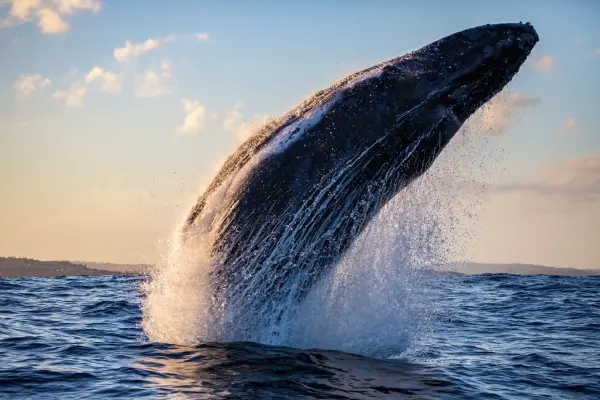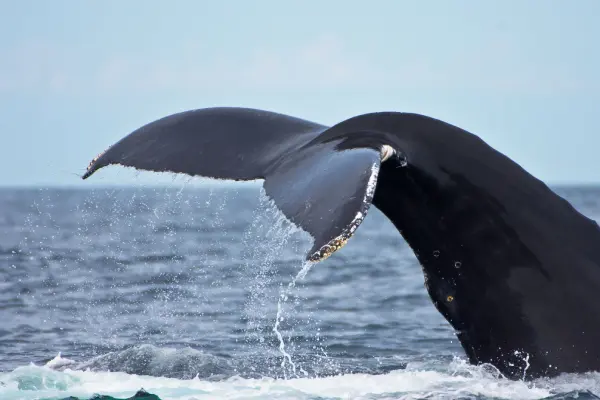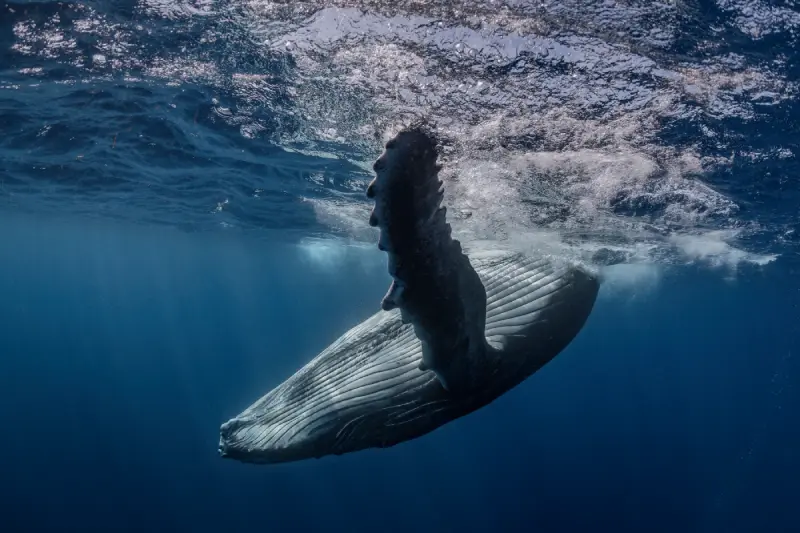How You Can Help Save the Whales from Home
Protecting Whales and Marine Life Connecting conservation efforts worldwide to protect whales and marine life The ocean…
Connecting conservation efforts worldwide to protect whales and marine life
The ocean is a vast and mysterious world, teeming with life. Whales, as some of the most majestic creatures on Earth, play a crucial role in maintaining the health of marine ecosystems. However, these gentle giants face mounting threats from human activities, putting their survival—and the balance of the ocean—at risk.
Whales and other marine species are under increasing pressure from pollution, climate change, and human exploitation. Every year, millions of tons of plastic waste enter the ocean, causing devastating effects on marine animals. Whales often mistake plastic for food, leading to fatal consequences. Additionally, abandoned fishing nets, known as “ghost gear,” entangle countless marine creatures, leaving them unable to swim or breathe properly.
Climate change is another critical threat. Rising ocean temperatures and acidification disrupt the natural food chain, forcing whales to migrate to new areas in search of food. This, in turn, leads to increased risks from ship collisions and exposure to unregulated hunting practices. Noise pollution from industrial activities and shipping also interferes with whale communication, affecting their ability to navigate, find mates, and care for their young.
Whales are often called the “engineers of the ocean” because they contribute to marine biodiversity. Their movements help circulate nutrients throughout the water, supporting plankton growth, which forms the foundation of the marine food web. Additionally, whale waste plays a significant role in carbon capture, helping to regulate global climate by absorbing CO2 from the atmosphere.
Protecting whales is not just about saving one species—it’s about preserving the entire ocean ecosystem. A healthy ocean means a stable climate, abundant fisheries, and sustainable resources that support millions of people worldwide.



The good news is that we can take action to protect whales and marine life before it’s too late. Conservation efforts, such as marine protected areas, responsible fishing practices, and stricter regulations on plastic waste, have already shown positive results in some parts of the world. However, much more needs to be done.
At Blue Hope, we are dedicated to safeguarding marine life through research, rescue missions, education, and policy advocacy. With your help, we can:
Every action counts. Whether you donate, volunteer, or simply spread awareness, you contribute to a future where whales and marine life can thrive. By working together, we can ensure that our oceans remain a sanctuary for all creatures, great and small.
The ocean gives us life—now it’s time to give back. Join us in protecting our seas and preserving the beauty of marine life for generations to come.
Protecting Whales and Marine Life Connecting conservation efforts worldwide to protect whales and marine life The ocean…
Protecting Whales and Marine Life Connecting conservation efforts worldwide to protect whales and marine life The ocean…
Protecting Whales and Marine Life Connecting conservation efforts worldwide to protect whales and marine life The ocean…
Connecting conservation efforts worldwide to protect whales and marine life.